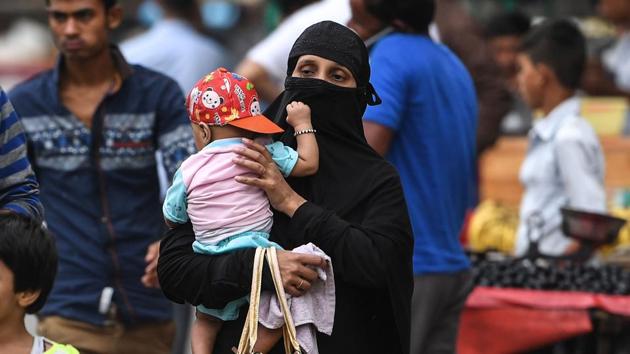As session gets extra time, govt eyes passage of labour code and key bills
Minutes after the Lower House cleared the Triple Talaq bill, parliamentary affairs minister Pralhad Joshi placed the proposal of extension which was immediately accepted.
The ongoing budget session of Parliament has been extended by twelve days to end on August 7 in a move to clear more bills and transact additional business. The decision comes even as the current session has set new records in terms of utilization of time and participation of lawmakers.

Minutes after the Lower House cleared the Triple Talaq bill, parliamentary affairs minister Pralhad Joshi placed the proposal of extension which was immediately accepted. Lok Sabha Speaker Om Birla announced that the session has been extended till August 7. The session, which began on June 17 was originally scheduled to end on July 25.
According to a senior Lok Sabha official who asked not to be identified, the extension will make the ongoing session the longest session in the recent history of the Lok Sabha.
Parliament has so far cleared a dozen bills and worked overtime—on a couple of occasions beyond 11 PM—to clear substantial pending business. It has clocked the best utilization of time of last 20 years this session and 213 out of 264 first-time MPs have already delivered their maiden speech, a rare feat considering that earlier, first-time MPs have even had to wait for years to make their first speech. A government functionary familiar with the matter said previous Lok Sabhas have had first time MPs who have not spoken at all.
The NDA government prepared a list of nine bills earlier this week, including those dealing with key labour reforms, for passage during this budget session of Parliament. Apart from the Wage Code bill and the Occupational Safety, Health and Working Conditions Code, the Modi government also wants Parliament’s approval for the Transgender Persons (protection of rights) bill, National Medical Commission bill, amendments to the insolvency and bankruptcy code, amendments to the inter-state river water disputes act and the National Institute of Design Act amendments.
The labour codes have been hailed as the next generation reforms that will help in improving ease of doing business in India. The labour codes—that will replace 44 archaic labour laws—were first mooted in the UPA regime. The extra time of 12 days will also help the government clear the long-pending Motor Vehicles Amendment bill and the National Medical Commission bill. The last is aimed to overhaul medical education in India and replace the tainted Medical Council of India.
Government officials familiar with the matter said there is a chance the government could do even more.
A senior BJP leader pointed out that this is “ a different picture from the last Lok Sabha when 22 bills lapsed due to non-passage.”
Opposition parties were initially opposed to any extension of the session, citing prior engagements in their constituency, but the leader of one said this will not affect their behaviour during the extended session. The Tinamool Congress’ Lok Sabha floor leader Sudip Bandopadhyay said: “We did have initial objections (to the extension) but now that the decision has been taken, we will cooperate with the Lok Sabha Speaker in running the House.”






